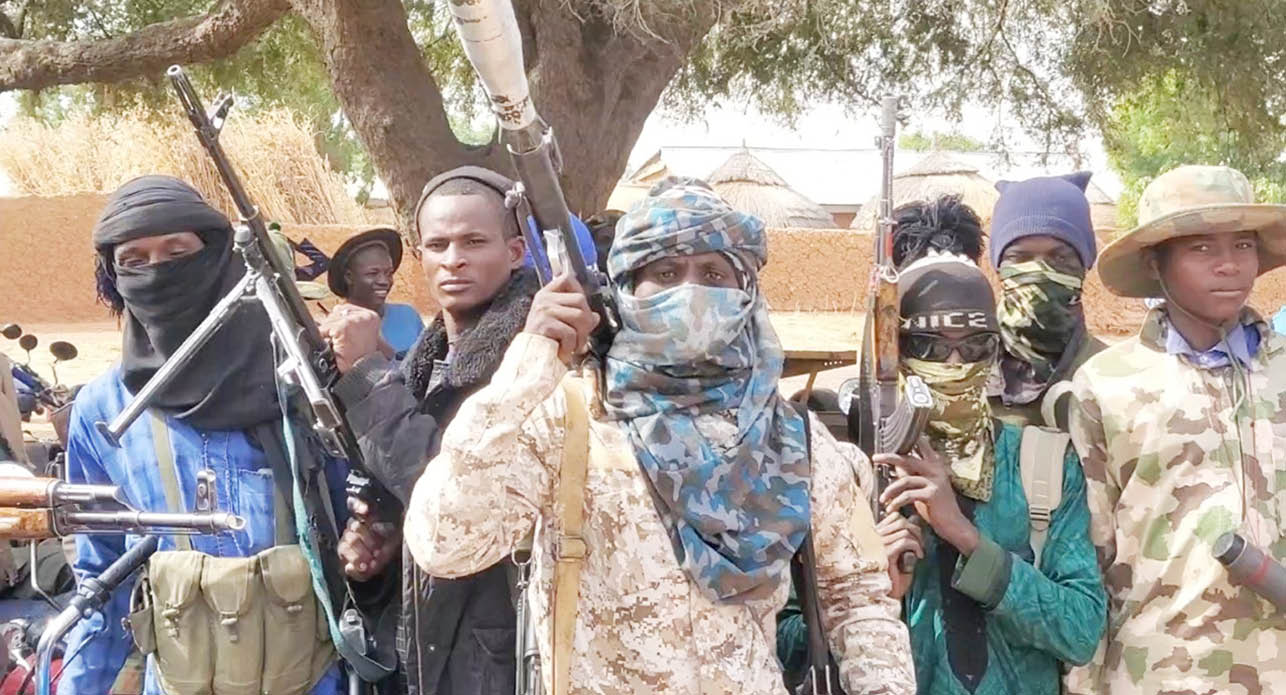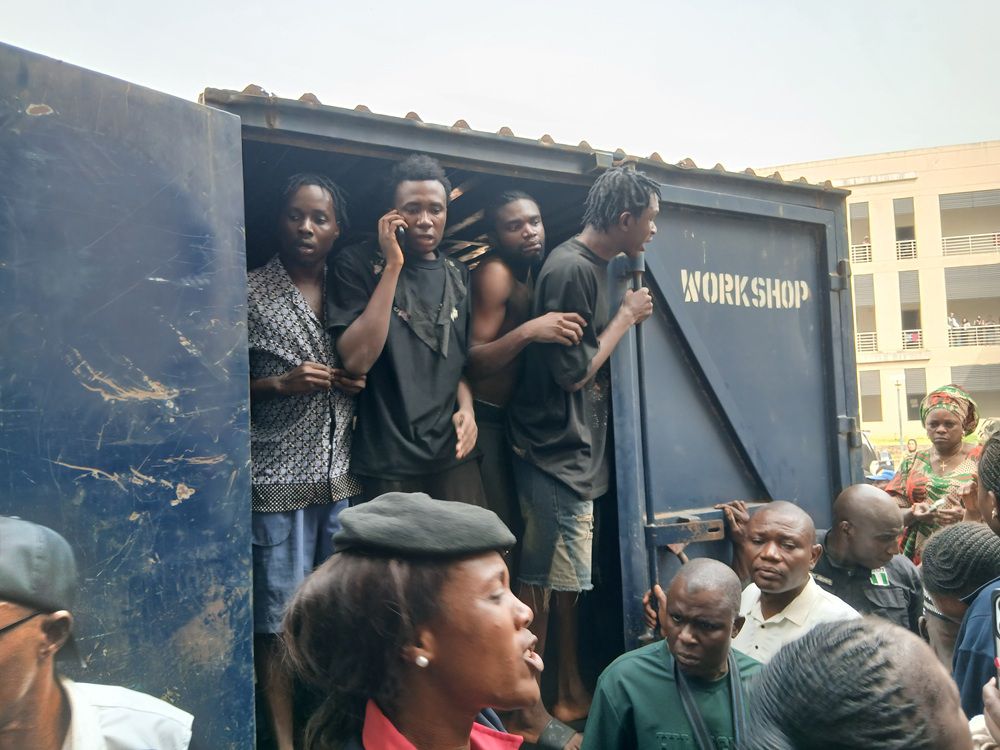Fear has gripped several rural communities in Sokoto State following a renewed wave of violence linked to the notorious bandit leader, Bello Turji. In what residents describe as a coordinated night assault, armed loyalists stormed a local community, killed two people, abducted eleven others, and left dozens scrambling for safety. The attack adds to a growing list of violent raids and kidnappings that have devastated families and crippled local economies across the state.
The latest assault paints a grim picture: villagers awakened by sporadic gunshots, homes invaded, and families torn apart as gunmen moved from house to house selecting their victims. Survivors recount moments of panic as children, women, and the elderly hid in bushes, waiting for hours before resurfacing.
A Pattern of Violence That Has Become All Too Familiar
Over the past year, Bello Turji’s name has been synonymous with chaos in Sokoto, especially in communities under Isa and Sabon Birni Local Government Areas. The recent attack follows a disturbing pattern of killings, abductions, and mass displacements that show no sign of slowing down.
Residents repeatedly report that Turji’s fighters move with precision, sometimes arriving on dozens of motorcycles, heavily armed, and often acting on intelligence that points to deep infiltration within the communities. Their raids are usually quick and ruthlessly effective, designed to instill maximum fear before vanishing into the forest.
Survivors of the latest incident described how the attackers set up roadblocks leading to and from the village, preventing escape and ensuring they could abduct their targets without resistance. Those who attempted to flee were shot at, forcing many families to scatter and hide under the cover of darkness.
Communities Forced Into Silence and Submission
One of the most alarming aspects of Turji’s operations is the growing sense that he is not just attacking communities—he is imposing control over them. In several previous incidents, Turji’s men allegedly demanded that villagers pay massive levies running into millions of naira as a condition for relative peace. This criminal tax has crippled families already battling poverty and insecurity.
For many communities, the choice is grim: pay the levy, flee their ancestral homes, or face violent retaliation.
In recent months, thousands of residents have abandoned their villages after receiving threats from Turji’s fighters. Entire settlements have been left deserted, with schools closed, markets shut down, and farmlands abandoned. For a region heavily reliant on agriculture, the impact on food production and local income has been devastating.
A Humanitarian Crisis Growing in the Shadows
Behind every headline lies the human cost—families separated, children missing, and survivors left with emotional scars that may never fully heal. The two victims killed in the attack are only the latest in a long line of lives lost. Their deaths have left family members in mourning and a community grappling with fear and uncertainty.
The eleven people abducted are now in the hands of armed criminals who are known to demand crippling ransoms. This, once again, puts immense emotional and financial pressure on families who can barely afford daily essentials. Many villagers speak of selling livestock, farmland, and personal belongings just to secure the release of their loved ones.
Meanwhile, internally displaced persons in nearby towns and camps face overcrowded shelters, inadequate food supply, and limited access to healthcare. The psychological strain on these families—still haunted by gunshots and broken doors—is immeasurable.
Government and Security Agencies Under Scrutiny
As the attacks persist, pressure continues to mount on security agencies and government authorities to take decisive action. While military operations have been launched in affected zones, residents argue that the presence of security forces is often temporary, creating a dangerous vacuum when they withdraw.
Several community leaders express frustration over what they describe as slow and insufficient responses. They worry that Turji’s fighters continue to outmaneuver security forces because they understand the terrain and exploit gaps in intelligence and patrol coverage.
There is also a deepening fear that if the cycle of raids, levies, and abductions continues unchecked, more communities may fall under Turji’s influence, potentially turning pockets of Sokoto into lawless territories where the state’s authority holds little weight.



